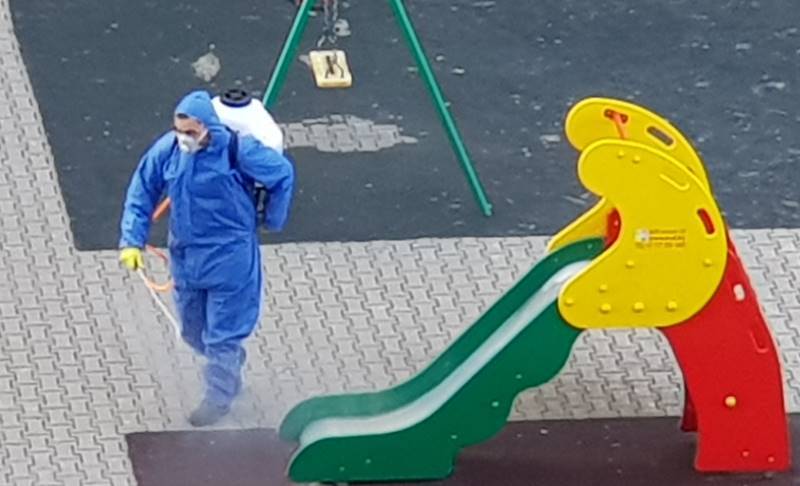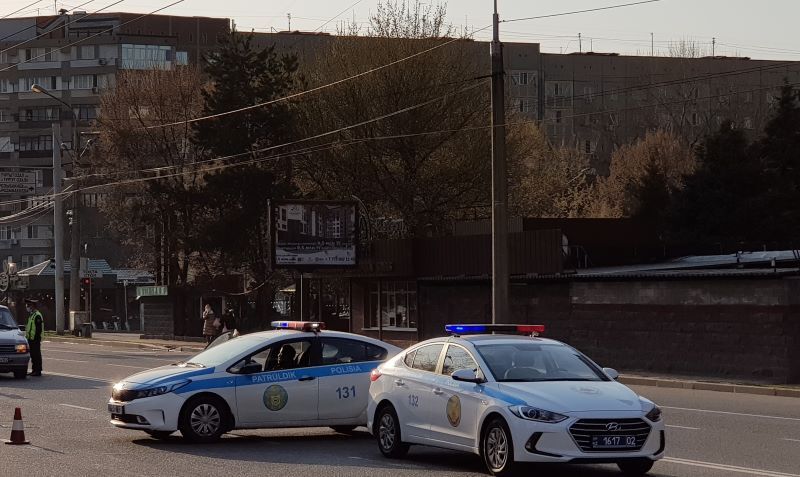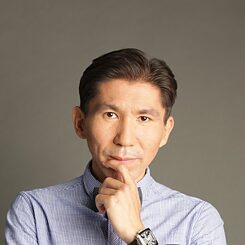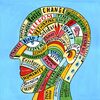Almaty
Dossym Satpayev, Political scientist
By Dossym Satpayev
What would you say are symbols of your current situation or the current situation in your country?
The crisis situation that has emerged is a new object of research and a case study on crisis management. It is also a case study on human psychology in emergency situations, when many are out of their comfort zones. In Kazakhstan, it is a new challenge for the authorities and society, a kind of indicator which revealed many problems.In particular, digital economy has failed, as the internet could not withstand the load after the country tried to introduce distance learning for schoolchildren. Also, there is a crisis of trust in what the authorities do and say. As a result, some Kazakhstan citizens began to suspect that introducing strict quarantine is linked to a political goal of reducing a number of rallies in the country. However, without trust, it’s hard to line up an effective joint action to neutralise threats.
 Many are out of their comfort zones.
| © Dossym Satpayev
Many are out of their comfort zones.
| © Dossym Satpayev
How will the pandemic change the world? What do you see as long-term consequences of the crisis?
The coronavirus pandemic and a sharp drop in oil prices will create serious socio-economic problems in Kazakhstan. Quarantine hit small and medium-sized businesses, which had to stop working. Also, there are nearly 1.5 million self-employed people who are the first to become out-of-work. When oil prices fall below $45 dollars per barrel, budget revenues from oil and gas exports will sharply reduce, since the oil and gas sector forms almost 50% of a state budget. Local authorities are worried.
| © Dossym Satpayev
The coronavirus and the drop in oil prices have led to a devaluation of the national currency, to increase of prices and inflation rates, stagnation in many economic sectors and increase in unemployment. Local authorities fear that a worsening socio-economic situation in the country, a drop in living standards and rising unemployment may increase the level of social tension. This in turn will provoke new growing protest moods.
Local authorities are worried.
| © Dossym Satpayev
The coronavirus and the drop in oil prices have led to a devaluation of the national currency, to increase of prices and inflation rates, stagnation in many economic sectors and increase in unemployment. Local authorities fear that a worsening socio-economic situation in the country, a drop in living standards and rising unemployment may increase the level of social tension. This in turn will provoke new growing protest moods.
What gives you hope?
This proverb gives me hope: „That which does not kill us makes us stronger“. Accordingly, any crisis is a new experience and a lesson from which we must draw the right conclusions. Earlier, globalisation was rather perceived as a global consumer society, but suddenly the coronavirus pandemic showed many people that globalisation also means common threats and common responsibility for everyone.The coronavirus did what, for example, long-standing warnings about climate change could not. The virus showed that we all are sitting in the same boat and can become victims of the same storm, regardless of nationality, social wealth or economic development of a country. Hopefully, after the pandemic, people's consciousness will shift in the direction of greater responsibility. Moreover, authorities in many countries will realise that it is dangerous to save on health care, since neither military, nor banks, nor business will be on the frontline in war against viruses. One shouldn’t save on education, because in crisis situations it is ignorance that provokes the spread of diseases and „infoviruses“. The digital economy must also be supported. It is also foolish to save on scientific research, because it can predict future threats and propose preventive anti-crisis measures that many politicians often ignore.
Day-Afterthoughts
Read all contributions as they have come in chronologically

